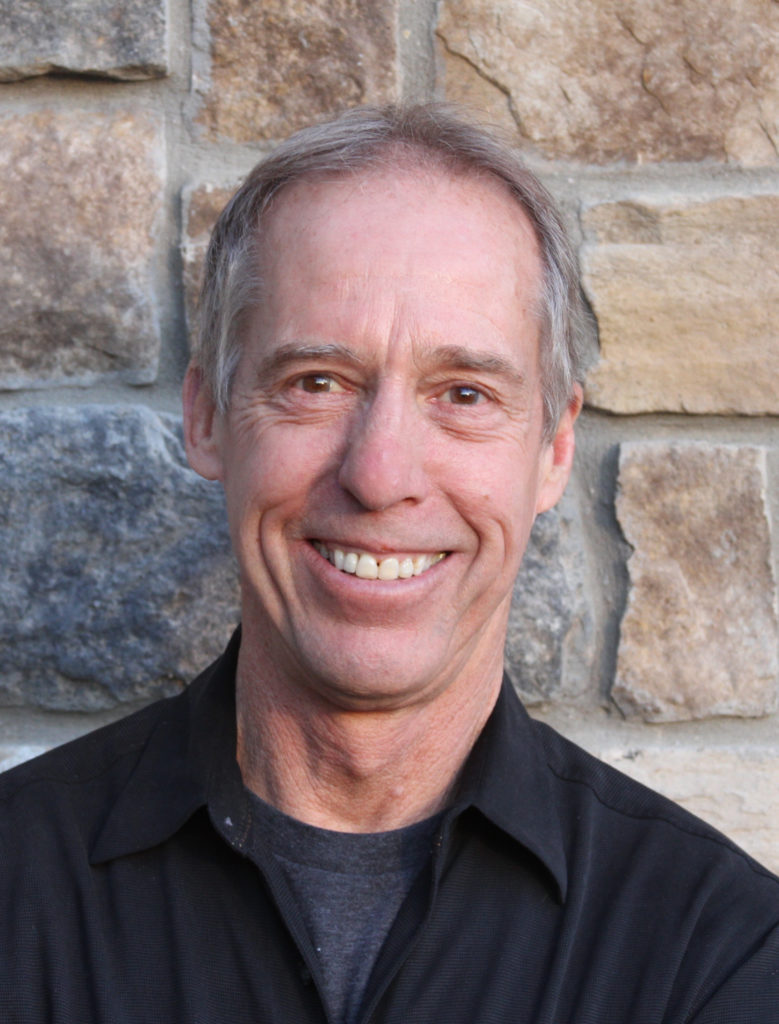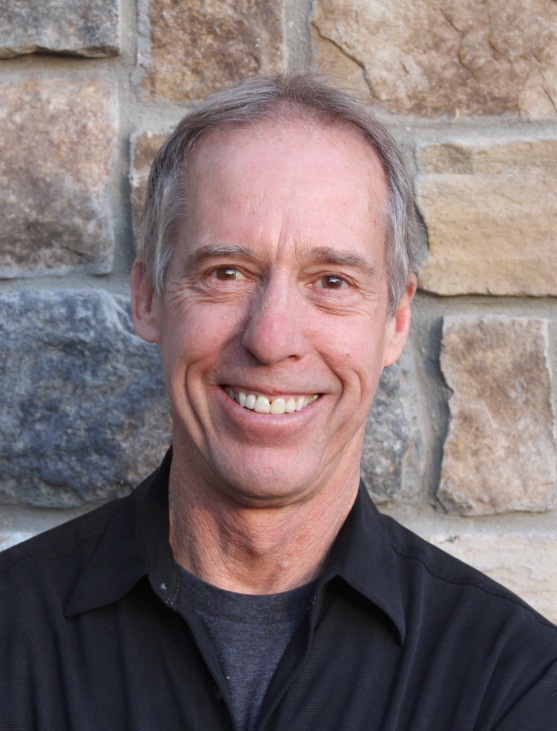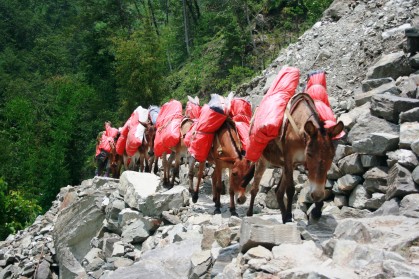
Philanthropist Profile: Jim Nowak, dZi Foundation
Filed in Hero's Journey Series — May 8, 2017
In our blog we’ve pulled back the veil on our approach and methodologies through largely ‘plug and play’ resources and Masterclasses so you can skillfully engage the funding partners your mission deserves.
Black Fox Global
Welcome to the Blog
Black Fox Fundraising Handbook
open source download
As the youngest of five children in a family headed by a physicist father and an outnumbered mother, Jim Nowak had a boyhood rich with freedom. He used his independence to engage the world as a classroom, bringing to his education both curiosity and determination, qualities that were to be vital in living a life with service and innovation at its core.

As the Co-Founder and President of dZi Foundation, determination not only informs his life’s work in Nepal, but his life: Jim became an ardent mountaineer, an avocation that requires laser focus, self-awareness, and an extraordinary tolerance for risk: non-negotiable qualities that are vital for a successful climb, and for running a successful NGO halfway around the world. In both cases, the stakes are staggeringly high. In both cases, Jim brings his whole self to the challenge with powerful, and at-times life saving results.
1989, the western ridge of Pumori on the Nepal-Tibet border. Six hundred feet shy of the summit, one of Jim’s climbing partners was struck in the face with a rock, shattering a glasses lens into one eye. After triage involving removing shards of glass, the trio embarked upon an agonizing 12-hour descent to their high camp at 21,000’, testing the limits of human endurance and humanity. Humanity continued to be the theme that emerged countless times in the ensuing years, and by 1998, Jim had become known in his home of Vail, Colorado as a man of integrity and passion.
He and his now former wife, Kim Reynolds, organized a return climb to Pumori in 1998 not only to strive for the elusive summit, and to put up a new route that has still never been climbed, but to raise money and shine a light upon a girls safe house Kim and Jim had encountered on a previous expedition in Nepal. Friendship House was a home for young girls who had been rescued from child labor, abuse and potential sex trafficking, and was at risk of shuttering its doors and reversing the progress made in restoring the wholeness of its current residents, and leaving countless more without support, subjected to lives of servitude and despair.
The successful endeavor became the basis of a powerful unfolding, and the realization of his ability to bring people together to work for a common cause by uniting friends, fellow climbers, donors, and board members into a single, purposeful team.
In 2001, dZi Foundation was formally established as a Colorado-based 501(c)(3). Like Jim, it has continuously pushed the boundaries of possibility. From its inception helping 14 vulnerable Nepalese girls, to serving 29,000 citizens in Nepal, dZi has impacted 77 communities with its deep development model, striving to partner with remote communities who have demonstrated the qualities Jim has grown to know are vital for success: driven from within to reach greater heights, and the ability to build effective teams.

dZi’s partners are their largest single donor group, with local residents having contributed well over 40,000 full days of manual labor in the past three years. The projects are chosen and designed by the residents, with dZi supplying the materials for construction, and the thought leadership and training around building communities beyond bricks and mortar, such as developing and supporting parent-teacher organizations, and crucial training in sustainable agriculture and income generation. Funding for dZi comes primarily from private individuals in the form of unrestricted funding so that the communities can choose the projects that are most vital to them. Family foundations, corporate sponsors and a few select grants combine to inform an annual budget that is steadily growing and now exceeds $1.2 million.
While the numbers tell a story of immense impact, what most sings to Jim is seeing communities thrive, with the village elders, the laborers, and parents all striving together to make a better life for themselves and future generations. Equally as sacred are the relationships with the dozens of staff and board members in the UK, the US, Nepal and beyond.
And notably, the thousands of donors who make the work possible, from twenty-somethings’ stretch gifts of $50, to some of the most sophisticated philanthropists solving poverty in developing countries. The common denominator in all of these relationships is authenticity; for whether financially rich, richly talented, or simply resource rich like the Nepalese, all have a great deal to contribute and have a deep desire to help each other succeed. Through dZi, the team is transformed into a family, and every voice at the table is equal.
The Nepalese are not shy about using their voice. At every project site dZi posts a large Public Audit banner, and continually update it to display all funds spent and local contributions, subjecting themselves to scrutiny by community members who demand that all roofing tin, concrete, pipe, and lumber be accounted for. The local dZi NGO partner must defend the audit’s accuracy before the project can be officially completed, with the final release of donor dollars pending all signatures.
Yet the Public Audit banner is the site of something far greater than the thumbprints, rudimentary signatures, and X’s used to signify approval. It is the site of celebration among the men and women who had donated labor every day for months coming together as a family, and to mark the moment with tears, laughter, and wonder at their own power to transform their community and its future.
As dZi continues to expand across the remote villages of Nepal while serving as a beacon for others working in developing countries, what now drives Jim is to one day make himself obsolete as the organization continues to thrive beyond his contribution. Fortunately for all involved, dZi’s mission is a magnet for those in the climbing, business, and philanthropic communities, and Jim’s dream of an organization as sustainable as dZi’s beloved Nepalese villages is coming true.
© copyright black fox global 2024
SUBSCRIBE
resources
At Black Fox Global, we’re committed to mobilizing significant resources to help you build capacity, break the cycle of urgency in fundraising, and deepen your impact.
our work
Sign up to receive our collection of our best practices, strategies and insights.
affiliations
Certified b corporation
Black Fox Global is a certified B Corporation. Unlike traditional corporations, Certified B Corporations are legally required to consider the impact of their decisions on their employees, suppliers, community, consumers, and environment.